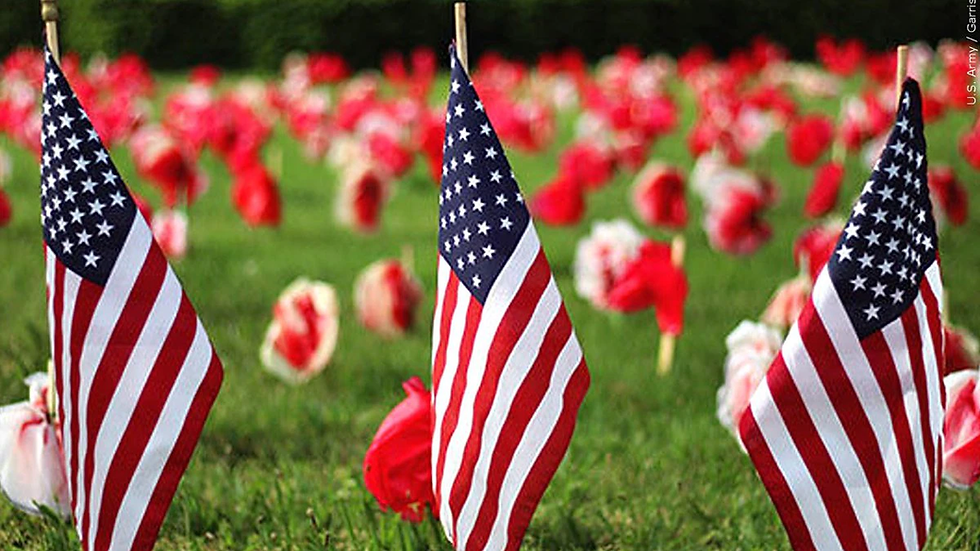Universal Human Rights
- Dec 8, 2020
- 3 min read
Layna Transue, Freshman
December is the month for holiday cheer, sparkling lights, gifts, and new beginnings. While most people are aware of the international holidays that engulf the last 2-3 months of every year, many are unaware of the most important gift we have all been granted: our human rights. December 10 is Universal Human Rights Day, a day created to honor the fact that every person in this world is granted the same rights as someone across the world from them.
The Universal Declaration of Human Rights was recreated in the wake of the second world war. The United Nations, created after World War II as well, was focused on creating international peace so future conflicts like World War II could be avoided. The document for universal human rights was brought up at the first congressional meeting in 1946, a year after the United Nations was formed. It was adopted in 1948.
The Commission on Human Rights, the committee that created the document before its formal adoption, consisted of 18 members from varying political, religious, and cultural backgrounds. Eleanor Roosevelt, former President Franklin D. Roosevelt's widow, is credited as the main "driving force" of the operation according to the United Nations. The other members included Charles Malik from Lebanon, René Cassin from France, John Humphrey from Canada, and Peng Chung Chang from China. Also known as the Geneva Draft, the final draft of the declaration was given to the Commission on Human Rights in September of 1948 and was adopted on December 10th, 1948 in Paris. Eight nations abstained(declined to vote) and zero nations dissented (gave a varied response).

Human rights, as stated by the United Nations, are "rights inherent to human beings regardless of race, sex, nationality, ethnicity, language, religion, or any other status." International governments should uphold the following rights of their citizens: life and liberty, freedom from slavery and torture, freedom of opinion and expression, work and education, and more. The International Human Rights law outlines what governments are and are not allowed to do in regards to anything that could infringe upon a person's human rights. The Universal Declaration of Human Rights (UDHR) has been translated into over 500 languages since it was adopted in 1948 and is the most translated document to date. The United Nations website has a pdf of the document for download.
New themes are released every year for Human Rights Day. 2020's theme is "Recover Better- Stand Up for Human Rights". The theme is focused on COVID-19 and the failures "exposed and exploited" during the pandemic. December 10th is used as a day of remembering our rights and how those rights make us all equal. These rights give us power, label us as people, and allow us to live our lives as human beings. These rights promote relationships within the human race by giving people something to connect with. Without these rights, international governments would control their respective populations, dividing the nations by what rights citizens of different countries receive. On December 10th, commemorate these rights; acknowledge the quality you share with every other person on this planet, and celebrate it.
Works Cited
Gjelten, Tom. “Boundlessly Idealistic, Universal Declaration Of Human Rights Is Still Resisted.” NPR, NPR, 10 Dec. 2018, www.npr.org/2018/12/10/675210421/its-human-rights-day-however-its-not-universally-accepted.
“HUMAN RIGHTS DAY - December 10, 2020.” National Today, 3 Dec. 2020, nationaltoday.com/human-rights-day/.
“History of the Document.” United Nations, United Nations, www.un.org/en/sections/universal-declaration/history-document/index.html.
“Human Rights Day.” UNESCO, 2 Dec. 2020, en.unesco.org/commemorations/humanrightsday.




Comments